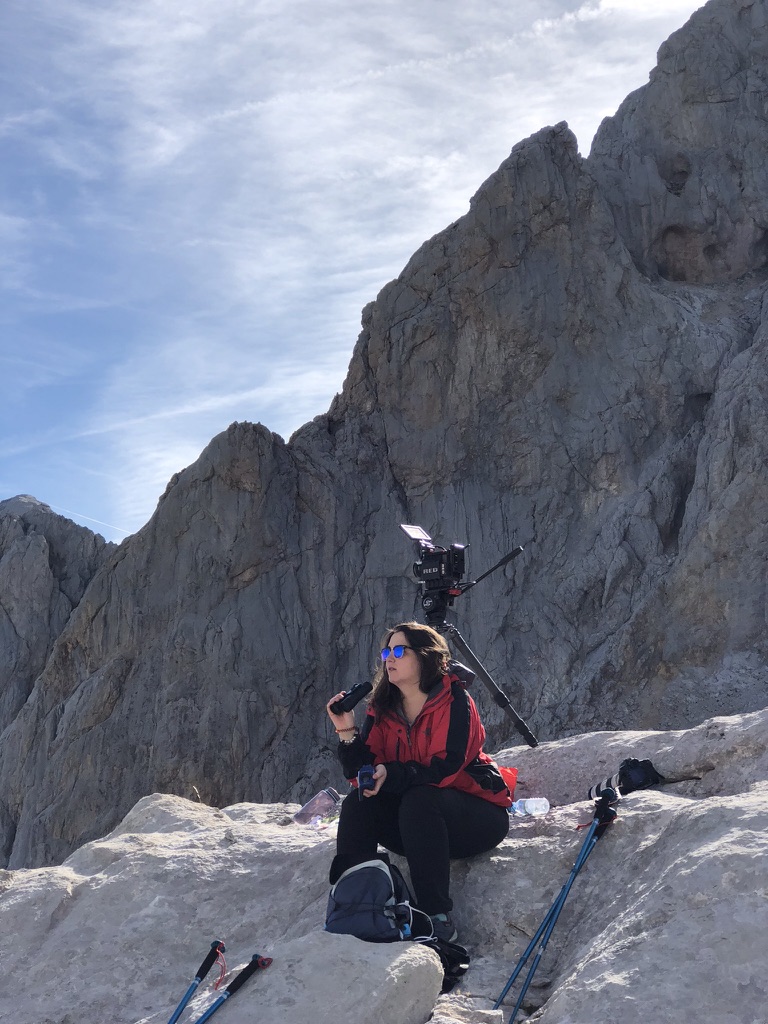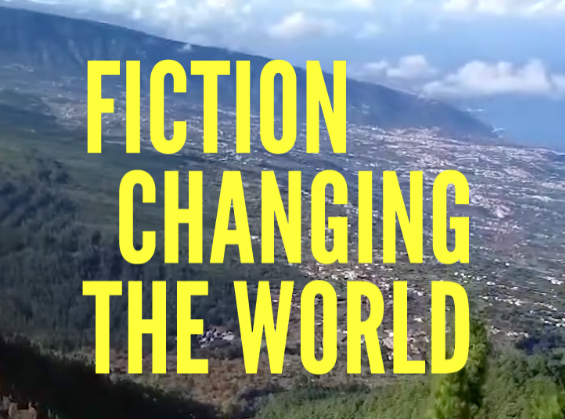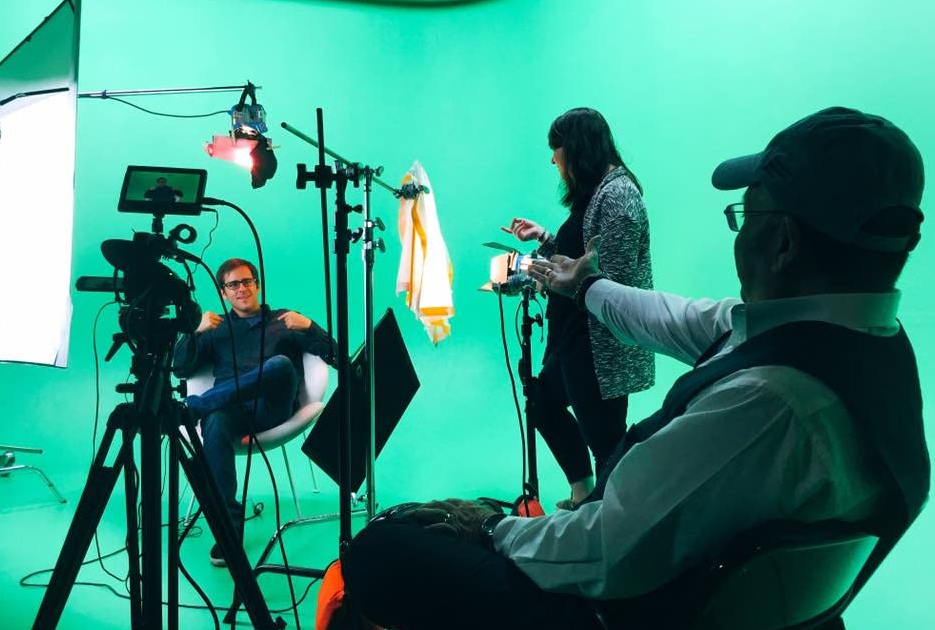Spanish producer Irene Mendez has always been interested in visual storytelling. With her degree in communications coupled with her education from NYFA’s 1-Year Producing Conservatory, Mendez is seeking change in the production space, aiming to make all media projects more sustainable across the industry.
Coming to NYFA, Mendez knew it would give her a new perspective on film production. “I’ve always thought it is essential to know and understand how movies are made in different countries, and I saw in NYFA the opportunity to do so,” she shared. “NYFA has some of the best professionals teachers, including instructors who have won BAFTAs and have been in some of the most important film festivals.”

From her time at NYFA, Mendez has learned that preproduction is the most essential part of any project. “Work before you get to the set. Study every possibility that might happen once you are filming,” she emphasized. “Be ready for any inconvenience. It is so vital to plan what might happen and be prepared for any kind of problem. It is funny cause it’s actually the same advice I will give to anyone who wants to make a more sustainable film.”
Mendez first got involved in sustainability in filmmaking after attending Madrid’s Another Way Film Festival in Madrid, which focused on sustainable progress in filmmaking. “I realized that we can do much more. There are many things we can change to create the same entertainment content in a much better way,” urged Mendez. “We can tell the same great stories without hurting the planet and its future. Even more, we can help to be part of the change.”

Mendez is now involved with Fiction Changing the World, an organization that specializes in sustainable audiovisual productions, working both in reducing the negative impact of productions and creating fiction and entertainment formats that convey important info about sustainable development to the viewers. “There is a lot of things that we can do when we work on a project to reduce the negatives impacts and create good ones. Not only on how we do things but also in how we tell the stories and entertain.”
This past year, Mendez worked with Fiction Changing the World on a UN campaign to show the world that a new way to make content is possible. “Being part of the UN campaign and seeing Paloma Andres and Rhoda N. Wainwright (Founders of Fiction Changing the World) speak beside people with innovative ideas and famous names as Nikolaj Coster-Waldau (Game of Thrones), makes you understand that we are not alone. There is a lot of people trying to be part of the change. Thousands of unique ideas can help us all to do our bit.”
Fiction Changing the World has also started their campaign The Dante Movement, which focuses on creating fictional media that will inspire sustainable action and change in the world among others to do their part. “Documentaries are a wonderful way to bring attention to different topics, but they have a couple of problems when it comes to reaching the general public,” shared Mendez when asked why the fictional format is a better medium for the campaign as opposed to documentary filmmaking.

“They [documentaries] often focus on particular topics, which is fine, but it is more difficult to get millions of people interested in very a specific issue. Also, documentaries are not always the first choice of entertainment for the general public. On the other hand, fiction is a format that is consumed by everyone on the planet; it leaves no one out. It is a more global and entertaining way to send a message and to educate and raise awareness.”
“For example, I would dare to say that the vast majority of Spaniards of my generation know that water rotates in a different direction in each hemisphere thanks to an episode of The Simpsons in which Bart travels to Australia,” Mendez said. “Fiction is a way to reach every home. We all get motivated watching the Avengers fighting together against Thanos. In our universe, we can all unite to fight our own common enemy.”
Though The Dante Movement is focused on fictional stories to get the message across to viewers, Fiction Changing the World still allows for other formats to be used to reach different people, like documentaries. In addition to working with the organization, Mendez has also been working on the TV series Foundation for Apple TV+ here in Spain, but what Mendez expressed she is most proud of is producing the first certified Positive Carbon Footprint spot for Greenpeace.
“This proves that it is possible to create sustainable content. We had to think from the script in how to make it more environmentally friendly way,” shared Mendez. “I had several meetings with the screenwriters and the production company to explain to them what are the points that make a film create more or fewer carbon emissions and what makes more negative impacts. They quickly understood what was needed and realized that thinking in a sustainable way doesn’t have to compromise the project’s creativity.”
As a lover of making films and the environment, Mendez is an advocate for change in the industry, working to make sets reduce their negative impact on the environment from issues like not recycling properly and consuming more on set than necessary. “The reality is that there are many more things we aren’t doing right. The material we use to build a set, the fabric to sew amazing costumes, and the places we choose to use as scenarios are decisions we can make to reduce the negative impact of production,” she explained. “Our responsibility as filmmakers is not solely to entertain, but also to inform and inspire our audiences. We have the power to reach every single soul, and we should use it.”
New York Film Academy would like to thank Irene Mendez for taking the time to share more about the sustainability movement that is taking place on sets all over the world. With the urgency to act, filmmakers like Irene can continue to make a difference and be agents for change across the industry. NYFA looks forward to seeing what’s next from the alum and to hear more updates on Mendez’s mission for film sustainability.